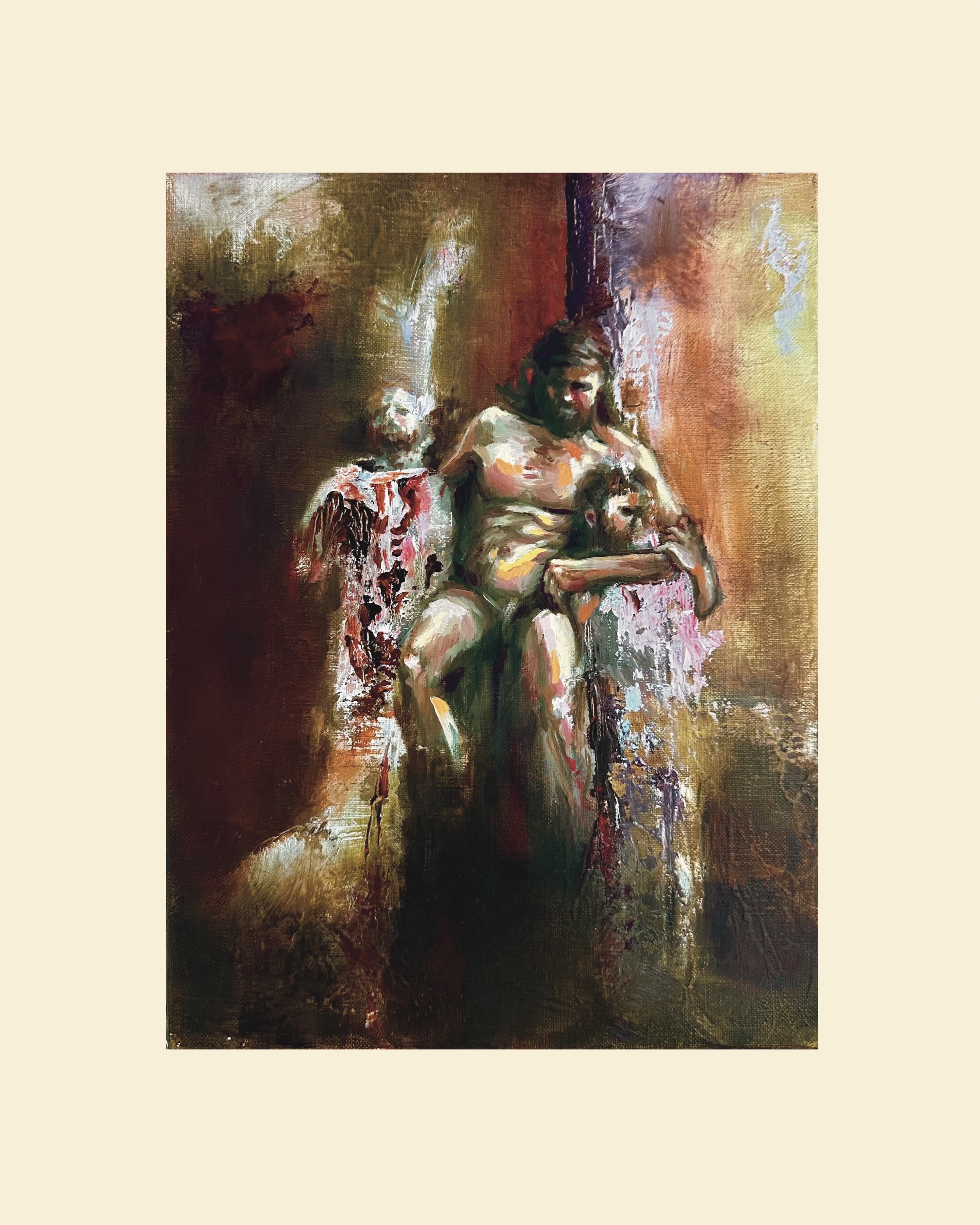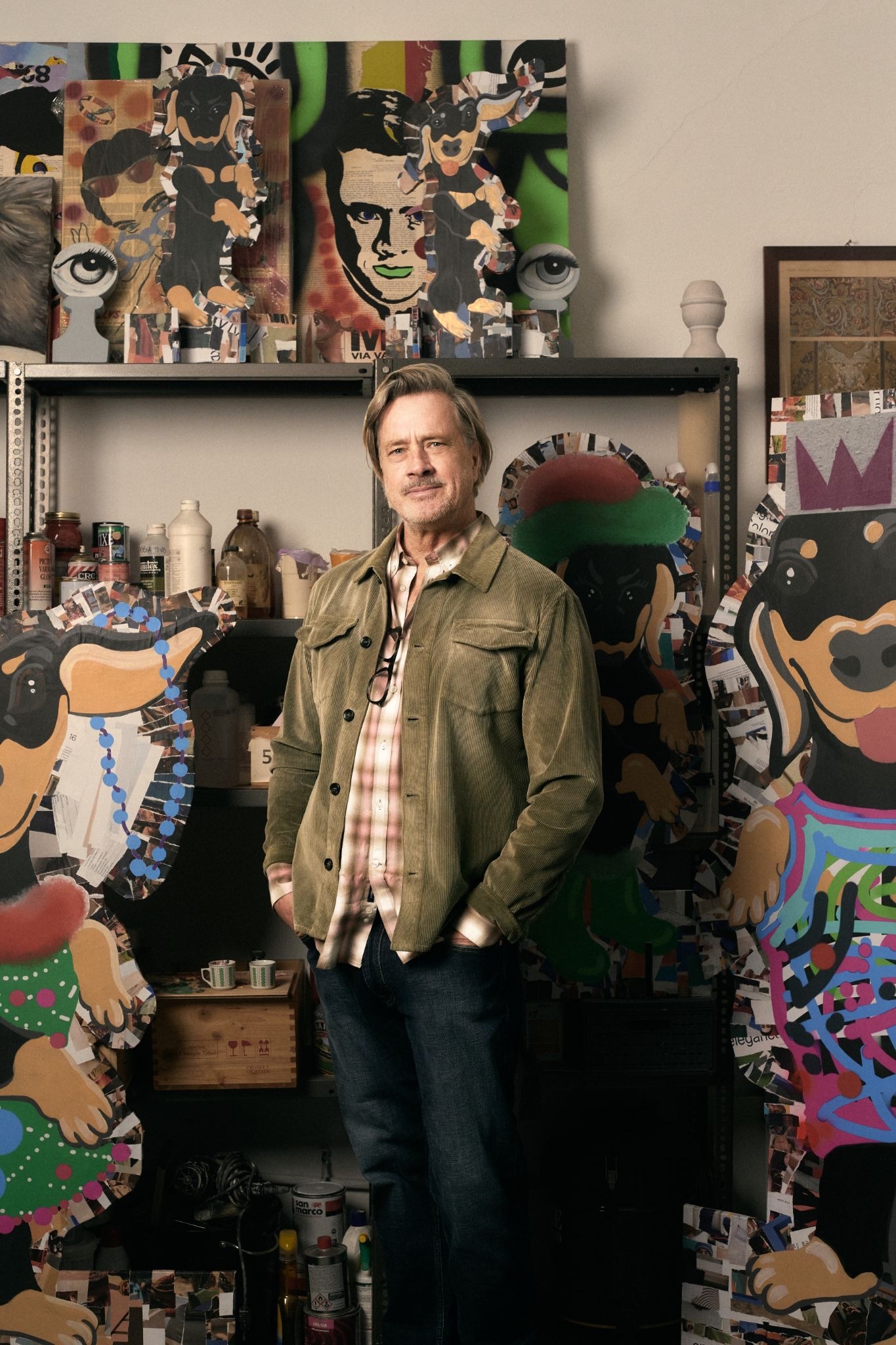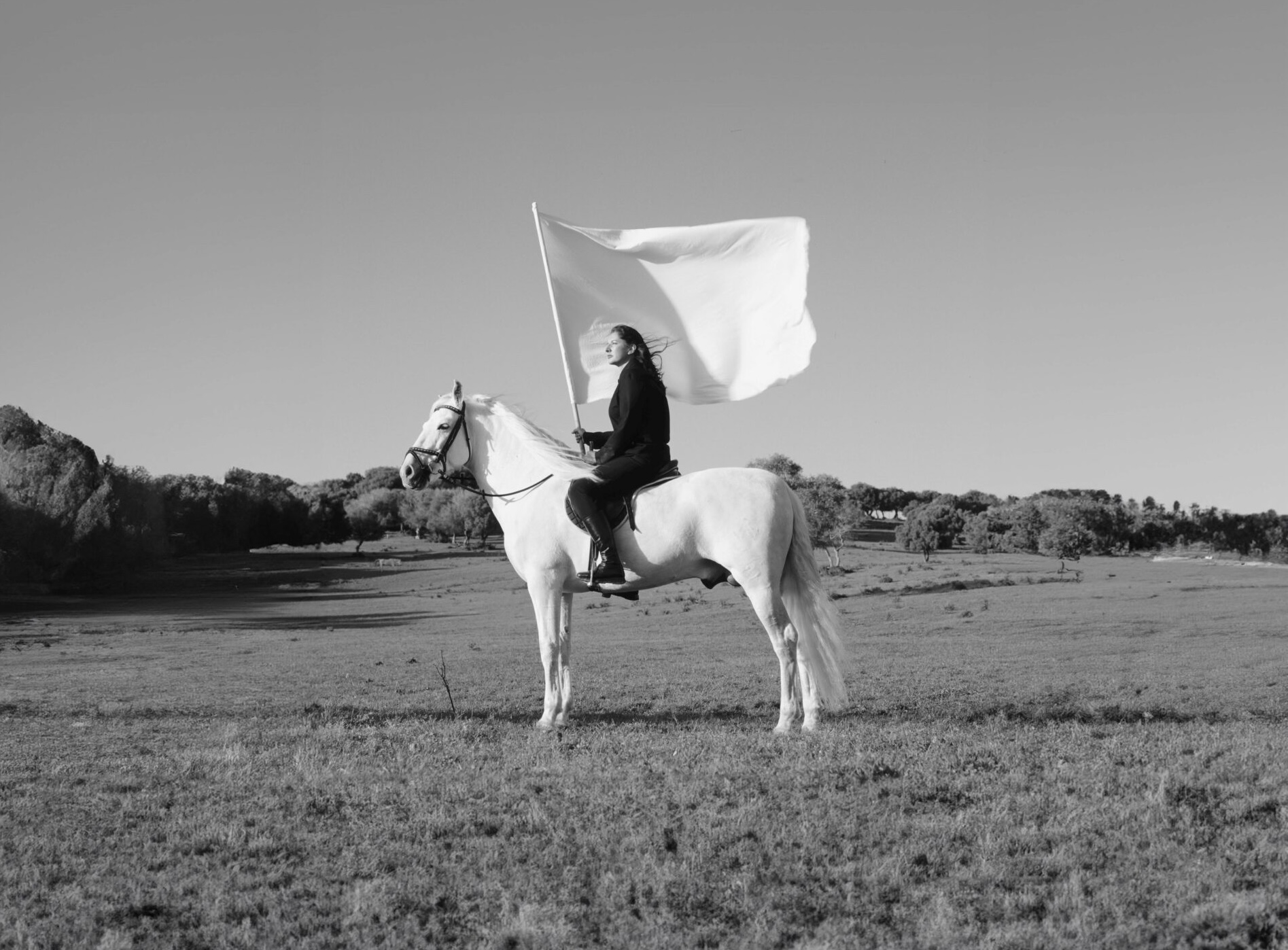Odysseus is argued to have suffered the pitfalls of nostalgia; that sentimental longing or wistful affection for the past, normally thought quite harmless. After all, he, like many of us, after a long week at the office or a battle with the Trojans, just wanted to go home. Throughout Homer’s epic poem, the question is begged: where is home, if what you know of it has changed, if the loves that kept you longing to return there have been slain, or gone with others? In the case of Stefano Rosso, home is, in theory, a small village called Breganze in Italy, but more presumably home for Rosso is where the heart is. At the moment, the heart is thumping at 100 or so beats a minute on a street corner in lower Manhattan. Today, The Big Apple welcomes the measured, charismatic ascent of Rosso into his new role as CEO of North America for Diesel – a brand barreling down on its 40th anniversary in 2018. And today’s a nice day for it. A bizarre, dare I say offensive, cold front startled this early June morning back into its recently peeled-in-a-springtime-frenzy sweaters and pants. And despite the frosty breeze – which could, were we to allow it, stand as a metaphor to the far from red hot status of retail, denim, and most apparel enterprise as we have historically known it, Rosso, 38, is speaking about positivity, which will set the tempo for our hour-long discussion. “Even on Facebook,” he remarks. “That can be one of the most hateful places you can be. You make a post and disperse it, and immediately there are comments saying something really bad about it. Why does everybody have to be so hateful? Let’s find a solution. I think it’s better. We need a positive attitude.” Attitude is something intrinsic to the Diesel brand, and I ask Rosso, who previously held the post of CEO of OTB (the parent company of Diesel, Maison Margiela, Marni, Paula Cademartori and Viktor&Rolf, founded by his father, Renzo Rosso), if this positivity will integrate with the more daring or provocative messaging tenets of Diesel’s past. “I don’t know,” he considers. “I don’t think we were ever really provocative. We never had too much of a contradictory or controversial nature. It’s more about symbolic messages. Even our last campaign [“Make Love Not Walls,” photographed by David LaChapelle, which sees a flamboyant band of diverse friends toppling a metaphoric wall, aided by an inflatable tank] which may have been seen as a political campaign, but the real intention was to send a powerful message about how love is the most powerful thing in the world and how we should celebrate love more than separation. I feel a rebellion is never good. Our brand doesn’t go against the system. Our brand is: people should choose who they want to be and always be proud about who they choose to be. We will always try to do that, maybe in a more modern way, maybe talking also through other people, but we will for sure not change who we are.” Folded around the challenges of the modern and dynamic messaging that Rosso hopes to evolve on is, of course, the parachute of brick and mortar retail. Over the past several years, many brands from premium luxury down to cotton basics have been shuttering their doors entirely or dramatically downsizing, either publicly or discreetly, given the rise of online e-tailers, changing consumer habits, and the obsolescence for some brands of giant, boastful flagships. Rosso discusses his intense summer travel schedule (Miami, Boston, Philadelphia, Toronto, San Francisco, etc.), whereby he’ll be assessing and tweaking the nimbleness of Diesel brick and mortar locations, in combo with a robust e-commerce strategy. I ask him if he feels inspired by the challenges afoot, by this scrambled American landscape. He lights up. “You know, it’s amazing in this moment. It’s very interesting and exciting, I have to say, because when there is a touch of distraction, there are always opportunities arising and you can make your own way. Some of the milestones for what used to be efficient systems are almost gone, and have not yet been replaced by what is going to be the future.” With four decades of trial and error, and the brand swelling with success globally like a nine-layered stromboli, there are countless advantages to assuming the lead for Diesel in your pocket: resources, infrastructure, investments, and, of course, hard lessons learned. And while Rosso is modest and appreciative of the reigns now squared between his palms, he’s cautious about too much preoccupation with the past. “We should always look forward,” he says with confidence. “We should keep the messages, we should keep the DNA, we should keep the tone of voice – but try to make it modern and relevant. Otherwise, it’s just a nostalgia type of feeling.”

Written by Matthew Bedard
Images by Zach Gross
Location: Diesel HQ
Groomer: Johnny Caruso for Bryan Bantry. Issue 155 $15.95 The Aftershock Issue: New America Outside Cover: Add To Cart










.JPG)
.jpg)







